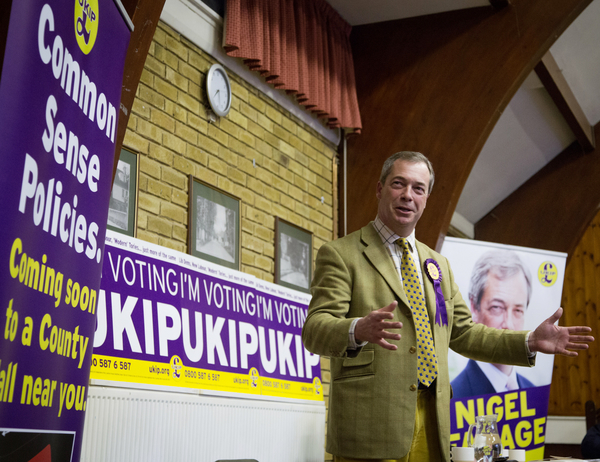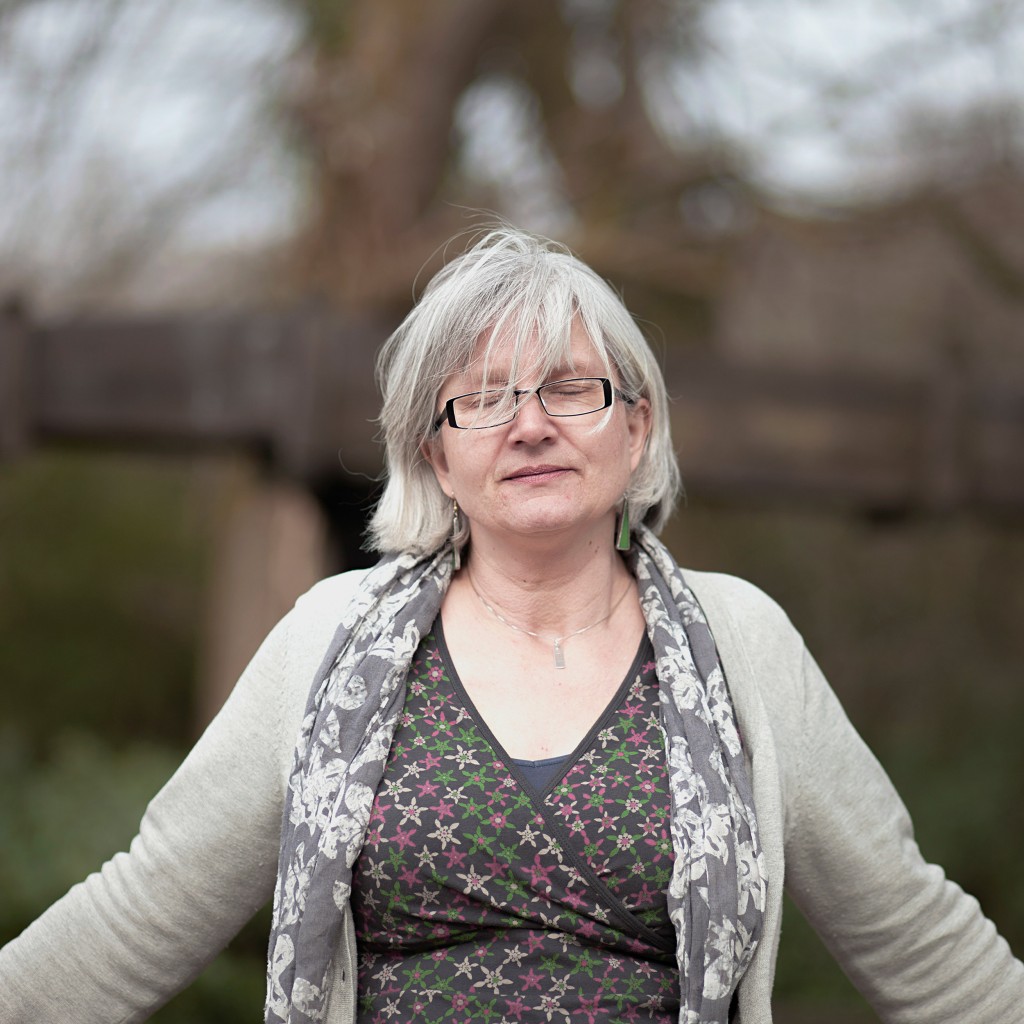by Julian Jackson
Cartel Photos is an exclusive photo-library – it only consists of Falmouth University photography students. It is based in a picturesque seaside town in Cornwall, southwest UK. Its objective is to give existing and graduated students a taste of the business end of the industry by finding them assignments and photo sales. Started in 2011 by former professional photographer turned lecturer Mal Stone, “Cartel Photos has been very successful,” he says, “but we are not running it as a business. It is an educational tool. For us it is putting students in an environment where they get the feel of what it is like to work for a real agency.”

It licenses individual pictures – last year’s storm images from Cornwall found their way around the world and onto the front page of the Telegraph newspaper, which earned the student about $230 after Cartel had taken its 20% cut; it sends out feature stories, and it gains assignments for those students who are able and confident enough. Students with lower experience are sent out as assistants to others to gain knowledge of the sharp end of the photography business.
The attraction for Falmouth University is that Cartel Photos is an incentive for people to sign up for the degree course. The students get real world experience, working for local newspapers, doing event photography for the college, and commercial work.
The most successful individual picture to date was one of UKIP politician Nigel Farage, in a typical pose with Barbour coat and beer, by Tom Pullen, which has been syndicated nationally and even turned up on the Graham Norton TV show.

Another of the working graduate photographers is Sam Barnes, who wanted to remain in the Cornwall area. The college helped him obtain start-up business funding. Specialising in sport, he has had pictures published in the local paper.
Day-to-day running of the photo-library is in the hands of Celine Smith, former student and now picture manager. She says that for her the importance of Cartel Photos is, “The personal development side of things – students gain confidence in their ability to manage the business side and deliver good work to the client as well as practical experience of editing photos from a shoot, ftp and keywording.” It has now amassed nearly 40,000 images in its collection.
Local photographers were initially worried that Cartel would undercut them, but the hint is in the name. The agency charges commercial rates for assignments and image licensing, although non-commercial fees for charities and non-profit projects can be negotiated. Mal says, “We look at each job in the context of how long it is going to take and how much work is involved for the student.”
Amy Romer, a second year student, who enjoys photographing performers, has had four assignments from Cartel. She took an “environmental portrait” of a pianist who had come to play at the Performance Centre. Her most recent job was to take pictures of 30 acting graduates which will go into Spotlight – the actors directory. Mal continues, “We are going to be doing more performance and portrait work in the future, in partnership with the Centre, but this pilot project was very successful.”
Amy found there was a steep learning curve between the leisurely pace of course assignments, which might take months, and having ten minutes to shoot a portrait in a studio. “It puts you right into the reality of freelance work – you have to get it right and deliver at speed, so it makes you aware of the constraints of professional work, which is valuable.”
The course has strong ties with Rex Features, the news agency which celebrated its 60th anniversary last year. Second year students have to do a work placement, and many opt for six weeks paid work for Rex, which throws them into the centre of a fast-paced and turbulent industry, dealing with newspapers and TV, with a spectrum of news, celebrity and lifestyle subjects. Some students have gone on to work for Rex after graduation. One lucky individual did so well he was posted to Rex’s Los Angeles office, an extremely good break for a young photographer.
Cartel have also newly linked up with famed French agency SIPA, and are offering them features. Documentarist Marco Kesseler covered Albanian Blood Feuds, which have re-emerged since the fall of communism. His work was short-listed for the Taylor Wessing prize and he won $8000 from Ideas Tap and an intern-ship with Magnum. NOOR Agency in Amsterdam and VII are some of the other agencies which are linked with Cartel.
One of the stars of the course, Mal described him as “A very pro-active young photographer. I got some funding for him to do four months at NOOR. For me, the understanding of working in that environment gave him the tools to go out and tell interesting and sensitive stories, like his final piece on the Albanian blood feuds.”
Cartel Photos is an interesting development for an academic course, residing as it does in the divide between educational development, and commercial practice. It will be interesting to see if other academic institutions follow its example.

 Julian Jackson is a writer with extensive experience of picture research, whose main interests include photography and the environment. His portfolio is here: https://julianj.journoportfolio.com/ He also runs a Picture Research by Distance Learning Course www.picture-research-courses.co.uk. Linked-in profile.
Julian Jackson is a writer with extensive experience of picture research, whose main interests include photography and the environment. His portfolio is here: https://julianj.journoportfolio.com/ He also runs a Picture Research by Distance Learning Course www.picture-research-courses.co.uk. Linked-in profile.
